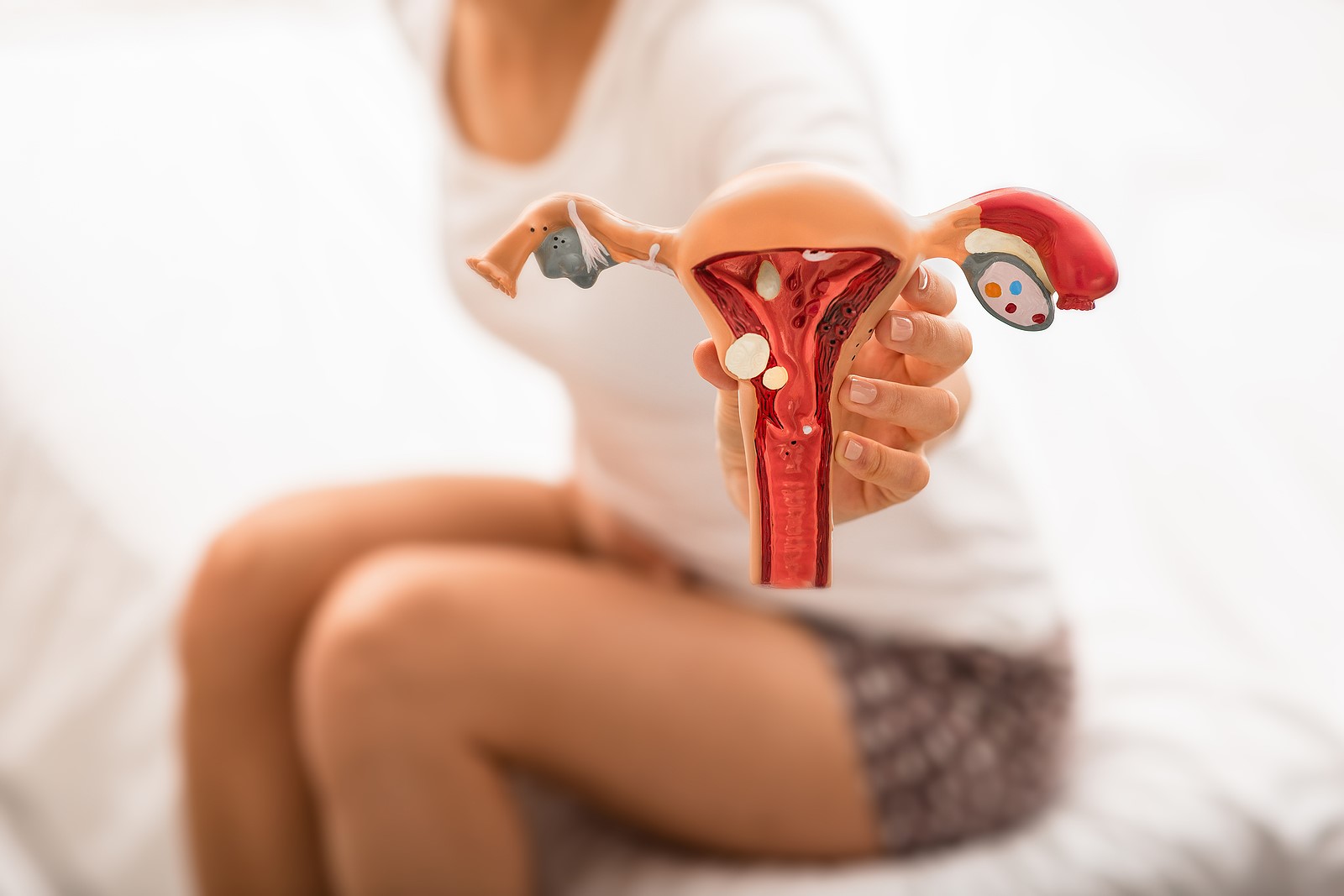
Female reproductive systems are quite complicated. Many women have some pelvic pain. But if it is extremely difficult, you could be suffering from gynecological disorders. Most women dismiss pelvic pain as menstrual cramps but it can also be endometriosis, a gynecological disorder that affects women of reproductive age. Along with pelvic pain, endometriosis can also lead to fertility problems. Effective treatments for this disease are available.
Endometriosis is a condition that affects the ovaries, fallopian tubes, and pelvic tissue. Endometrial-like tissue can occasionally be seen outside of the pelvic organs. With endometriosis, the endometrial-like tissue grows, breaks down, and bleeds with each menstrual cycle, much like endometrial tissue would. Because this tissue can’t leave your body, it becomes stuck. Endometriomas are cysts that develop when endometriosis affects the ovaries. Surrounding tissue can become inflamed, leading to scar tissue and adhesions – fibrous bands that can cause pelvic tissues and organs to adhere together. (Mayo Clinic 2018)
Causes of Endometriosis
While the cause of endometriosis is unknown, there are certain explanations that could be the reason behind it. Those are retrograde menstruation, the transformation of peritoneal cells, embryonic cell transformation, surgical scar implantation, endometrial cell transport and immune system disorder. Shorter menstrual cycles, starting your period at an early age, starting menopause at a later age, low body mass index and never giving birth are some cases that can put you at greater risk of developing endometriosis. (Mayo Clinic 2018)
When laparoscopic exams are conducted during infertility assessments, implants or lesions are frequently discovered in people who are completely asymptomatic. The causes of decreased fertility in many endometriosis patients remain unknown. Endometriosis can lead to the development of scar tissue in the pelvis.
The mechanical mechanisms involved in the transport of fertilized eggs into the tubes may be changed if the ovaries and Fallopian tubes are involved. Alternatively, inflammatory chemicals produced by endometriotic lesions may interfere with ovulation, fertilization, and implantation.
To diagnose endometriosis, a pelvic exam is conducted. Healthcare providers might also suggest an ultrasound, Magnetic Resonance Imaging (MRI), or diagnostic laparoscopy to check for signs of endometriosis. (WebMD 2021)
Symptoms of Endometriosis
The exact position, extent, and depth of endometriosis implants, as well as the existence and severity of scar tissue and the presence and size of endometrial implants in the ovaries, are used to classify endometriosis into one of four stages (I-minimal, II-mild, III-moderate, and IV-severe). The degree of symptoms a woman suffers is unrelated to the stage of endometriosis she has, however, infertility is frequent with stage IV endometriosis.
While some women may never experience symptoms. Some women’s symptoms increase with time, while others’ discomfort disappears completely without therapy. The signs and symptoms of endometriosis may improve briefly with pregnancy and go completely with menopause unless you are taking estrogen. (Stöppler 2021)
According to certain research, women with endometriosis have a higher chance of developing certain kinds of ovarian cancer. Women with endometriosis and primary infertility are at the highest risk. Combination oral contraceptive pills (OCPs), which are often used to treat endometriosis, appear to lower this risk considerably. (Stöppler 2021)
Endometriosis can be treated once diagnosed. If you think you may have the symptoms, consult your healthcare provider and ensure that you explain their symptoms and problems to them in detail for proper diagnosis.
Works Cited:
“Endometriosis.” Mayo Clinic, Mayo Foundation for Medical Education and Research, 24 July 2018, www.mayoclinic.org/diseases-conditions/endometriosis/symptoms-causes/syc-20354656.
Melissa Conrad Stöppler, MD. “16 Endometriosis Symptoms: Treatment, Causes, 4 Stages, Surgery & Diagnosis.” MedicineNet, MedicineNet, 30 Mar. 2021, www.medicinenet.com/endometriosis/article.htm.
“Endometriosis: How Do I Know If I Have It? Exams and Tests, When to Call a Doctor.” WebMD, WebMD, 2021, www.webmd.com/women/endometriosis/do-i-have-endometriosis.
